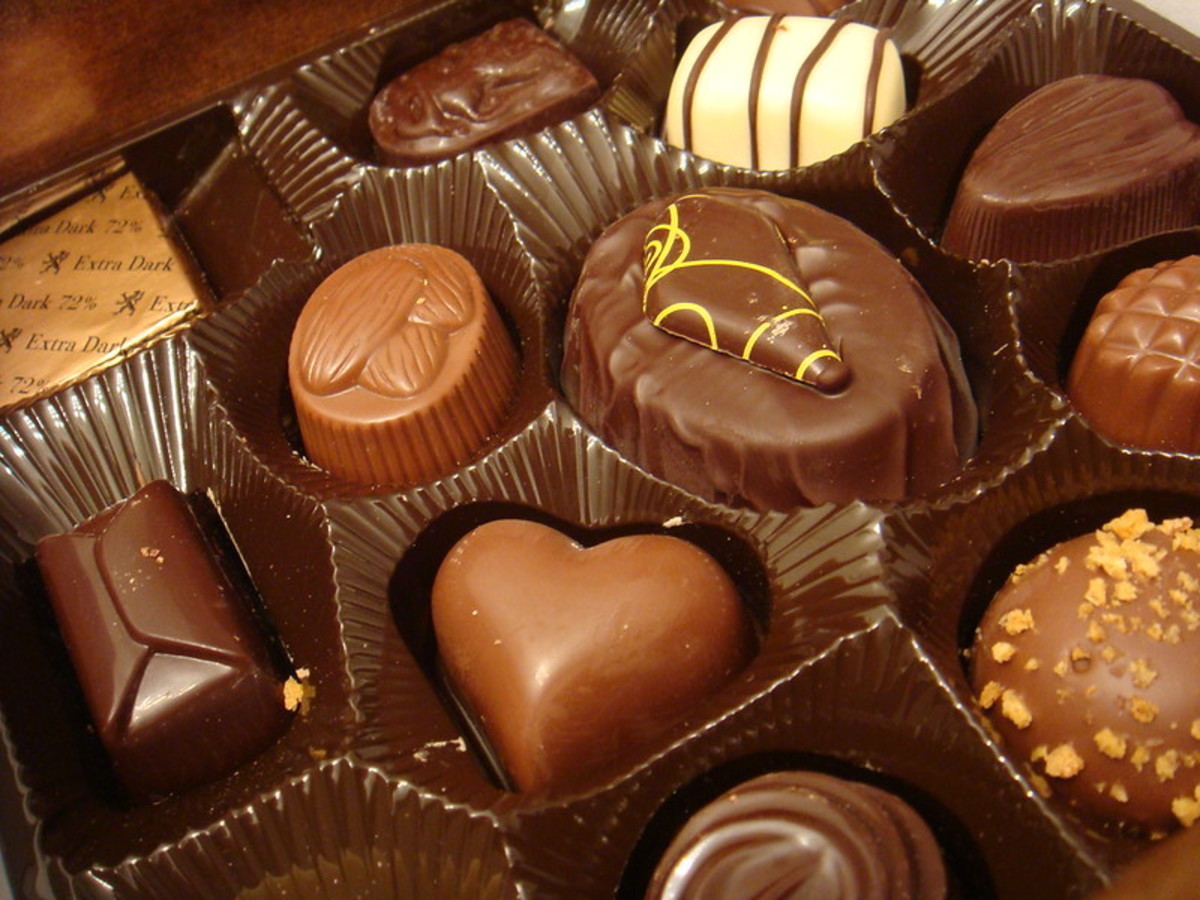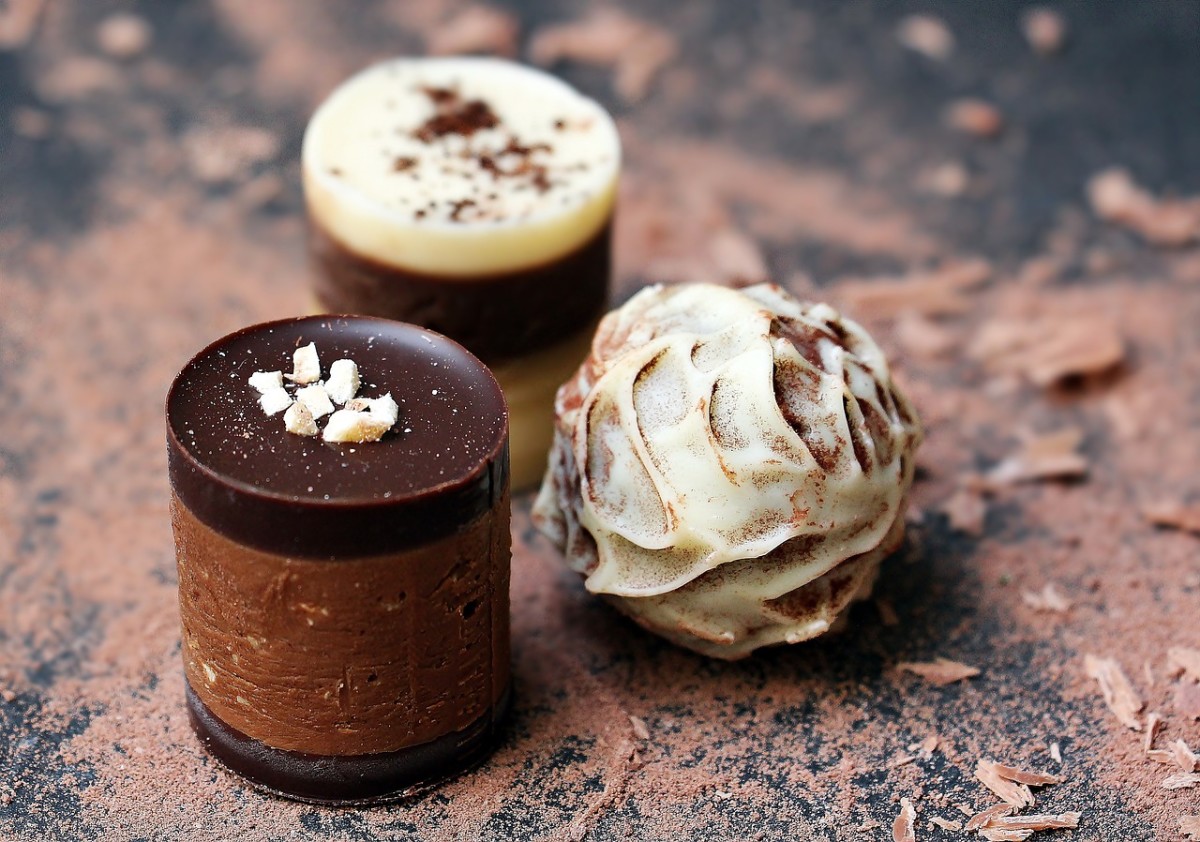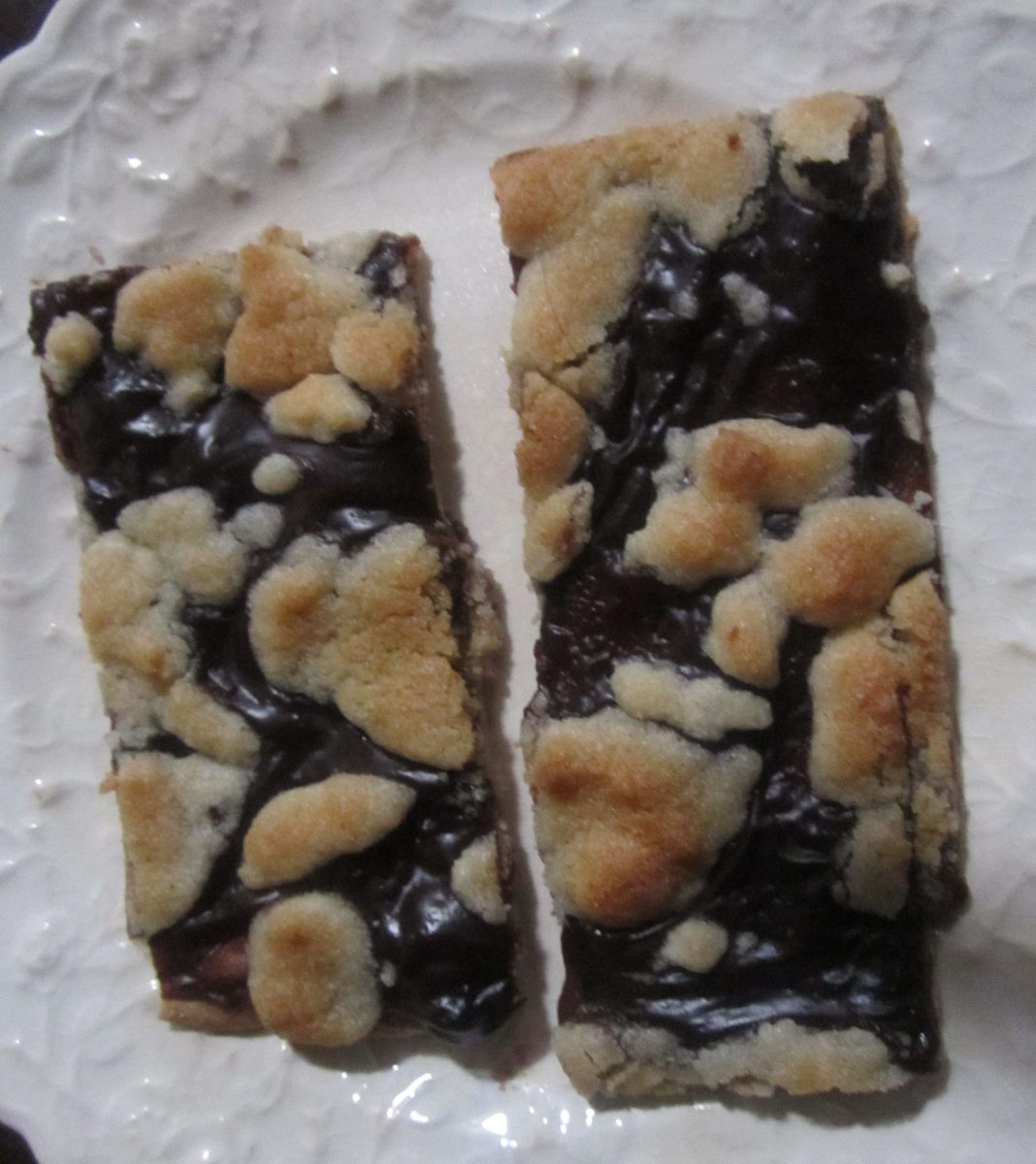Facts On Chocolates
You can love something without knowing exactly what it is. This also applies to chocolate. Millions of people are very fond of it, but only a very few have any idea where chocolate comes from, how it is made, or that it even has its own history. However, a little knowledge of your subject can lead to even greater pleasure.
After you have read this article, you can regard yourself as an expert on chocolate. You will "taste" a bar of chocolate in quite a different way than before. Perhaps you will think, now and then, of the remarkable story and the vast amount of labour and inventive genius, which lies be- hind this delightful delicacy.History of chocolate
The tasty secret of the cacao (kah KOW) tree was discovered 2,000 years ago in the tropical rainforests of the Americas. The pods of this tree contain seeds that can be processed into chocolate. The story of how chocolate grew from a local Mesoamerican beverage into a global sweet encompasses many cultures and continents.The first people known to have made chocolate were the ancient cultures of Mexico and Central America. These people, including the Maya and Aztec, mixed ground cacao seeds with various seasonings to make a spicy, frothy drink.Later, the Spanish conquerors brought the seeds back home to Spain, where new recipes were created. Eventually, and the drink's popularity spread throughout Europe. Since then, new technologies and innovations have changed the texture and taste of chocolate, but it still remains one of the world's favourite flavours.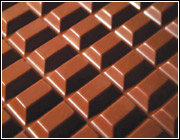
The symbolism of chocolate
Chocolate is more than just a food. Its rarity and richness have secured it a special status in history. For hundreds of years and in many different cultures, the act of eating chocolate has taken on symbolic significance. Chocolate has been linked to power, religion, and romance-especially when chocolate was considered an expensive and rare luxury.
A symbol of devotion - At sacred altars, Aztec priests presented cacao seeds as offerings to their deities. Drinking chocolate was often a part of special religious events. And only elite members of society - merchants, soldiers, priests, and rulers - were allowed to consume such a sacred and powerful drink.
A symbol of power - In the Aztec culture, only high-ranking figures were deemed worthy of drinking chocolate. And when the Spanish first brought the beverage home, the custom remained the same. The rare and expensive import was a status symbol fit for (and affordable to) only elite members of the society. Although relatively inexpensive today, chocolate's richness still symbolically represents luxury.
A symbol of love - Chocolate's allure as an aphrodisiac is legendary. It is said that the Aztec ruler Montezuma II used to drink an extra cup of chocolate before consorting with favoured ladies. Even today, chocolate remains a popular Valentine's Day gift.
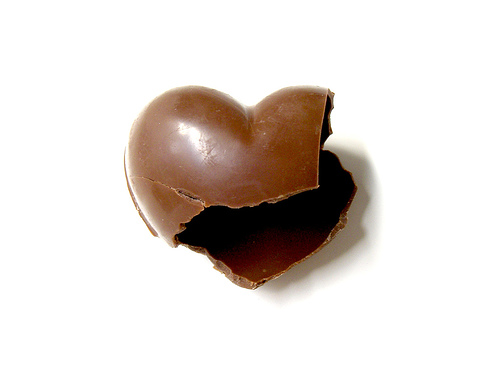
Chocolate — quick health facts
Chocolate and its reported therapeutic properties have made recent media headlines. In fact, several different medical studies performed by reputable universities, organizations, and institutions cite the possible benefits of eating chocolate.
The following is meant to be a fun, quick-reference guide to chocolate and your health. It gives a brief overview of research results as related by a variety of resources and publications.
However, scientists are constantly uncovering new information about the more than 300 chemicals contained in chocolate . . . so keep your eyes on the news for the latest updates and changes in chocolate health.
Chocolate and cavities - According to a recent study, cacao contains antibacterial agents that actually fight tooth decay. However, most mass-produced chocolate contains sugar, which is known to cause tooth decay and probably counteracts the benefits of these agents.
Chocolate and acne - According to studies performed by the Pennsylvania School of Medicine and the US Naval Academy, eating or not eating chocolate made no difference in the skin condition of the study participants. In fact, most doctors believe that acne is not linked primarily to diet.
Can caffeine in chocolate make a person jittery? - Probably not! Cacao does contain a number of stimulants, such as caffeine and theobromine, but in small amounts that are diluted even further when processed into chocolate. In fact, one ounce of milk chocolate contains about the same amount of caffeine as one cup of decaffeinated coffee.
Interestingly, one study has shown that the smell of chocolate may actually relax you by increasing theta waves in the brain.
Chocolate and headaches - There is little evidence that chocolate causes headache, according to research conducted . However, some studies suggest that chocolate may trigger headaches specifically in migraine sufferers.
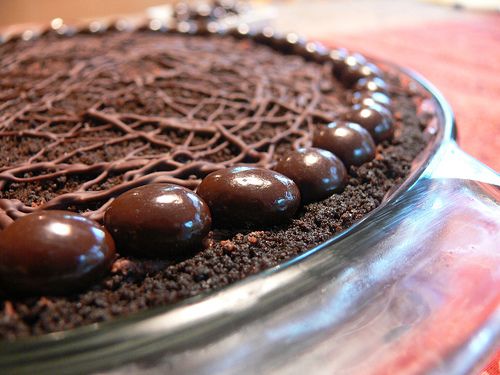
Chocolate was an ancient remedy
Maya and Aztec peoples drank chocolate not only for pleasure, but also for its perceived healing and nourishing powers. They used it to treat a host of illnesses, such as seizures, fevers, dysentery, diarrhoea, and skin infections.
Like most new foods, Europeans received chocolate with mixed reactions. Encountering chocolate for the first time in the 1600s, some believed it could induce sleep, aid digestion, and purify the blood - though others believed it could cause drunkenness or illness.
Some doctors even claimed chocolate prolonged life and cured everything from ringworm to ulcers.
Modern science says that chocolate may not be all bad for you. For a long time, the medical profession assumed that traditional folk remedies using chocolate were old wives' tales. In fact, chocolate developed a bad reputation for causing everything from acne to tooth decay.
But current research reveals the fact and fiction behind many of these beliefs. Although scientists are still trying to understand the more than 300 chemicals in chocolate, there may be some beneficial side effects to eating chocolate.
Is chocolate addictive?
Millions of chocolate lovers insist that the sweet gives them a major "emotional buzz" and hooks them like a drug. Is there any hard evidence to support their claims? According to the consensus of reports from current research, not really.
Chocolate isn't chemically habit-forming as researchers report that chocolate does contain some minor mood-altering substances. These chemicals seem to mimic the effects of marijuana, to a small degree. In other words, they trigger physical and psychological responses in the brain that are similar to those induced by THC, the active ingredient in marijuana.
Chocolate can be a culturally created craving and despite the above facts, self-professed chocolate addicts aren't delusional. Its seems to indicate that the human obsession with chocolate is more likely the result of learned behaviours and cultural factors rather than chemicals.
- Why We Like Chocolates?
The taste of chocolates travels long from bitter tasted extract of cacao beans liquid drink to sweet milk chocolate bar. To know what makes chocolates an all time favourite let's explore its chemistry. ... - Chocolate Lollipop Favors
Chocolate lollipops make the perfect party favors. They are great for Birthdays, Weddings, Showers, Classroom Parties and any other occasion where you want to hand out beautiful and delicious favors. Yummy!... - Chocolate Chip Cookie Recipe
Who doesn't enjoy chocolate chip cookies? This recipe includes healthful oatmeal and makes lots of mouthwatering cookies. Chocolate Chip Cookie Recipe 2 cups butter (1lb) 1 cup white sugar 1 cup brown sugar...

